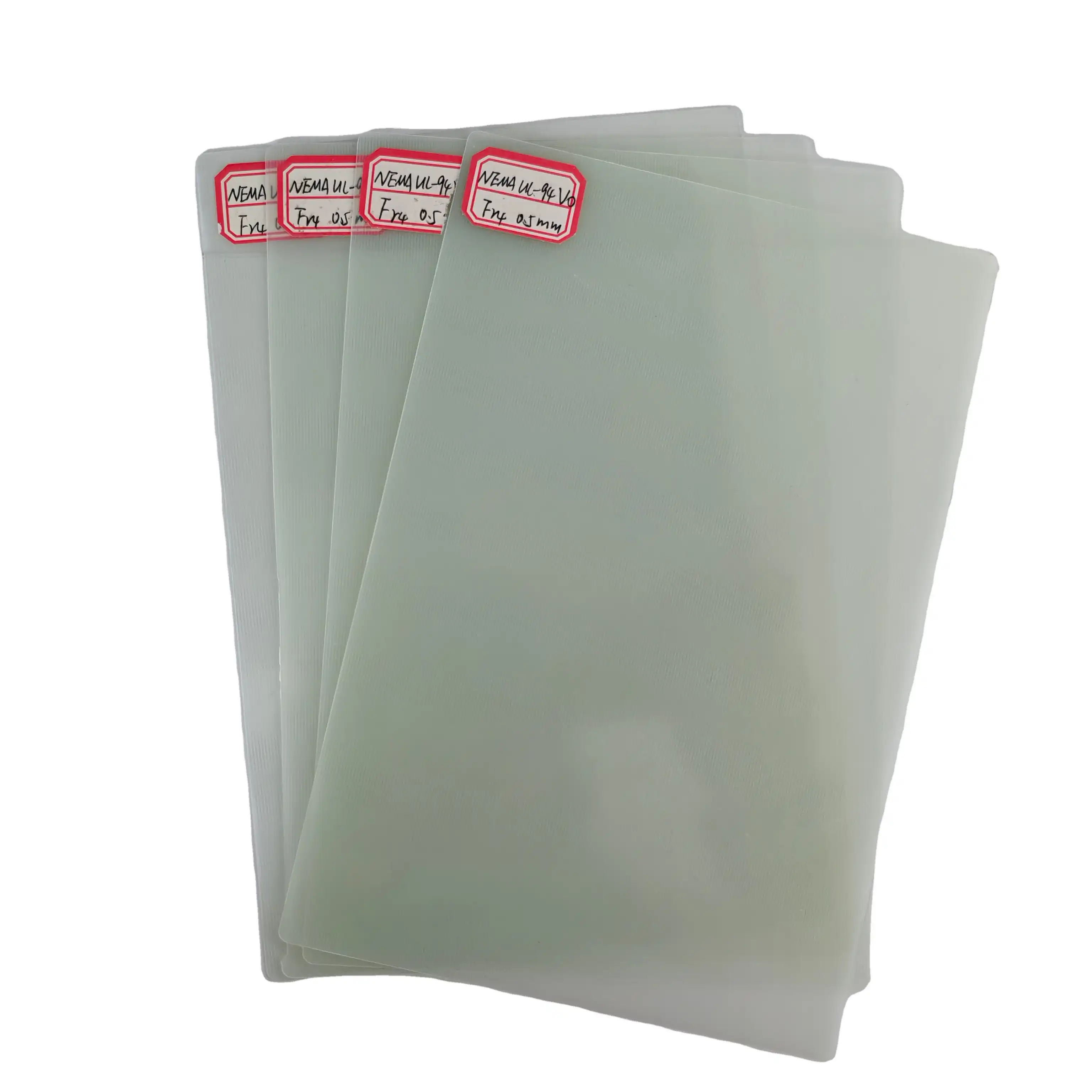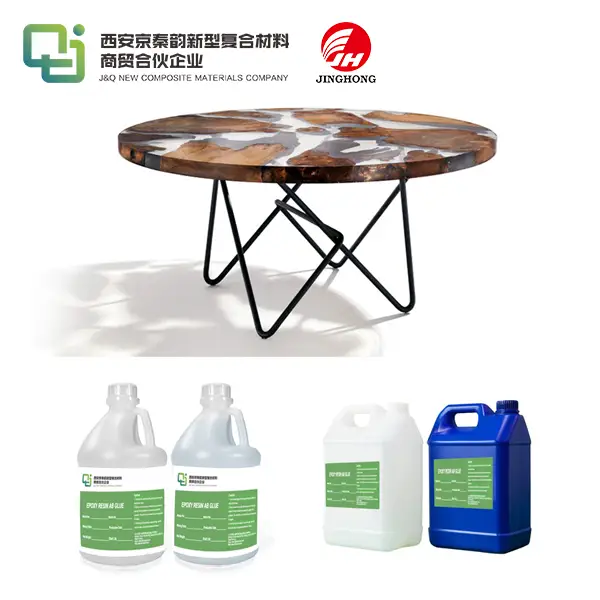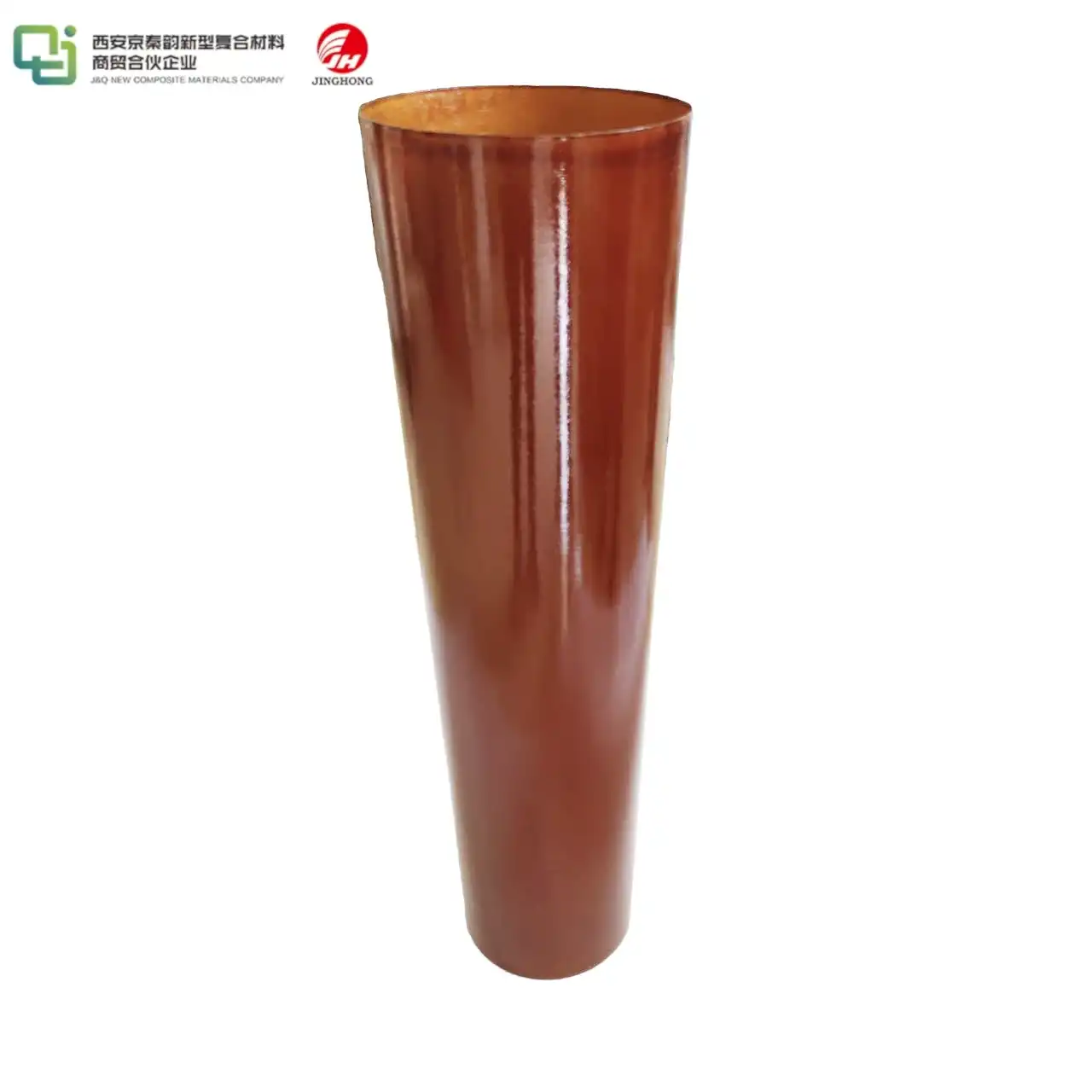Are 3240 Epoxy Sheets Suitable for High-Temperature Environments?
2024-07-15 13:37:24
In the world of advanced materials, 3240 epoxy sheets have become a staple for their exceptional properties and versatile applications. These sheets, composed of epoxy resin and fiberglass cloth, are known for their high mechanical strength, excellent electrical insulation, and significant thermal stability. But are 3240 epoxy sheets suitable for high-temperature environments? This blog explores this question in detail, examining the thermal properties, durability, and practical applications of 3240 epoxy sheets in high-temperature settings.
What Are the Thermal Properties of 3240 Epoxy Sheets?
Thermal properties are crucial for any material used in high-temperature environments. This section delves into the thermal characteristics of 3240 epoxy sheets, highlighting their ability to perform under extreme conditions.
High Thermal Stability
One of the key advantages of 3240 epoxy sheets is their high thermal stability. These sheets can maintain their mechanical and electrical properties at elevated temperatures, typically up to 155°C, with some variants capable of withstanding even higher temperatures. This stability ensures that the material does not degrade or lose its insulating properties under continuous thermal stress. Compared to other insulating materials such as mica, which can handle temperatures up to 600°C, and PTFE (Teflon), which operates effectively up to 260°C, 3240 epoxy sheets offer a balanced thermal performance suitable for a wide range of applications.
Low Thermal Expansion
Thermal expansion is the tendency of a material to expand when heated and contract when cooled. Materials with low thermal expansion are preferred in high-temperature applications as they maintain dimensional stability, reducing the risk of mechanical stress and deformation. 3240 epoxy sheets exhibit low thermal expansion, ensuring that they retain their shape and integrity under varying thermal conditions. This property is particularly beneficial in precision applications where tight tolerances are critical. In comparison, materials like PTFE and silicone exhibit higher thermal expansion, which may not be suitable for all high-temperature applications.
Heat Dissipation
Effective heat dissipation is essential to prevent overheating in electrical systems. 3240 epoxy sheets have moderate thermal conductivity, typically around 0.3 W/m·K, which allows for efficient heat dissipation while maintaining insulation properties. This balance helps in managing heat generated during the operation of electrical components, reducing the risk of thermal damage. In contrast, materials like ceramics offer higher thermal conductivity but may not provide the same level of mechanical flexibility and ease of processing as 3240 epoxy sheets.
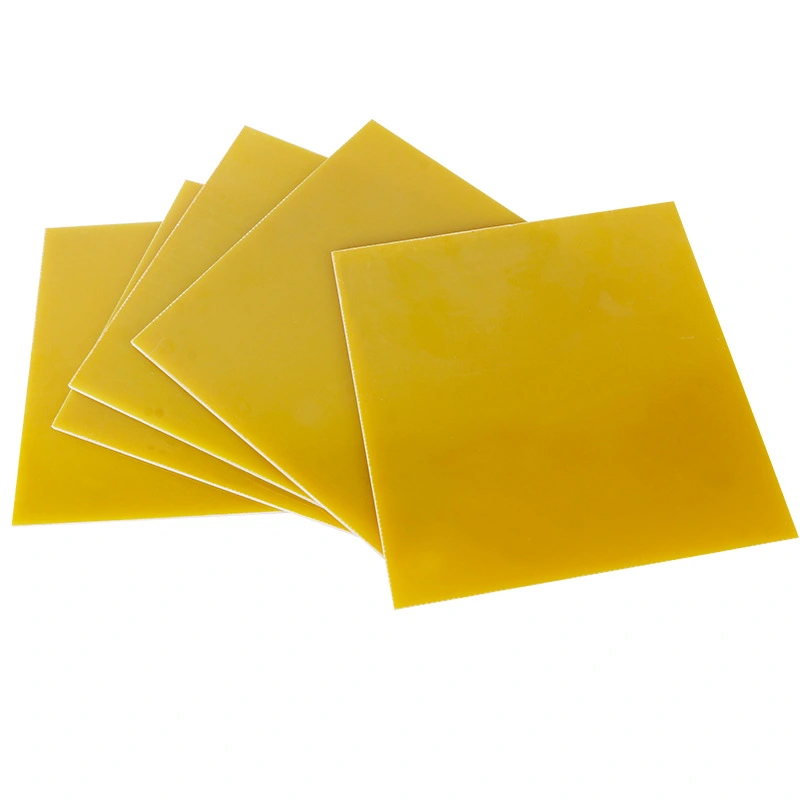
How Durable Are 3240 Epoxy Sheets in High-Temperature Environments?
Durability is a critical factor when considering materials for high-temperature applications. This section examines the mechanical strength, chemical resistance, and overall durability of 3240 epoxy sheets in high-temperature environments.
High Mechanical Strength
3240 epoxy sheets are renowned for their high mechanical strength. They exhibit impressive tensile and flexural strength, with tensile strengths often exceeding 300 MPa and flexural strengths up to 450 MPa. This strength ensures that the sheets can withstand physical stress without cracking or breaking, making them suitable for demanding applications such as structural supports in high-temperature environments. In comparison, materials like fiberglass and mica offer lower tensile and flexural strengths, limiting their use in high-stress settings.
Impact Resistance
Impact resistance is the ability of a material to absorb energy and resist damage from sudden impacts. 3240 epoxy sheets exhibit high impact resistance, making them durable and long-lasting even in challenging conditions. This property is essential for applications where the material may be subjected to mechanical shocks, such as in automotive and industrial equipment. Other materials like PTFE and silicone, while flexible, may not offer the same level of impact resistance as 3240 epoxy sheets, which combine rigidity with toughness.
Chemical Resistance
In many high-temperature applications, insulating materials must withstand exposure to various chemicals and environmental factors. 3240 epoxy sheets offer excellent chemical resistance, protecting against moisture, oils, and other contaminants that could compromise their performance. This resistance ensures longevity and reliability in harsh environments. Compared to materials like silicone, which also provides good chemical resistance, 3240 epoxy sheets offer a more balanced performance in terms of mechanical strength and thermal stability.
What Are the Practical Applications of 3240 Epoxy Sheets in High-Temperature Environments?
Understanding the practical applications of 3240 epoxy sheets helps highlight their suitability for high-temperature environments. This section explores various industries and applications where these sheets excel.
Electrical and Electronics Industry
In the electrical and electronics industry, reliable insulation is paramount. 3240 epoxy sheets are widely used in the manufacturing of transformers, electric motors, and circuit boards. Their high dielectric strength and excellent thermal stability ensure that they provide effective insulation even at elevated temperatures. For instance, in transformers, these sheets prevent electrical leakage and improve the efficiency of the device by maintaining insulation integrity under thermal stress.
Automotive Industry
The automotive industry demands materials that can withstand high temperatures and mechanical stress. 3240 epoxy sheets are used in various automotive components, including engine compartments and electrical systems. Their high mechanical strength and thermal stability make them ideal for parts exposed to high temperatures and vibrations. For example, these sheets are used in battery insulation and protective covers, ensuring that electrical systems remain insulated and safe under extreme conditions.
Aerospace Industry
The aerospace industry operates in some of the most challenging environments, requiring materials that offer exceptional performance. 3240 epoxy sheets are used in various aerospace applications, including insulation for electrical systems and structural components. Their ability to maintain mechanical and electrical properties at high temperatures makes them suitable for use in aircraft and spacecraft, where they contribute to the safety and reliability of critical systems.
Industrial Machinery
In industrial machinery, materials must withstand harsh conditions, including high temperatures, mechanical stress, and exposure to chemicals. 3240 epoxy sheets are used in the insulation of industrial equipment, providing reliable performance and durability. For example, these sheets are employed in the insulation of high-temperature ovens, ensuring that the equipment operates efficiently and safely by preventing electrical leaks and maintaining structural integrity.
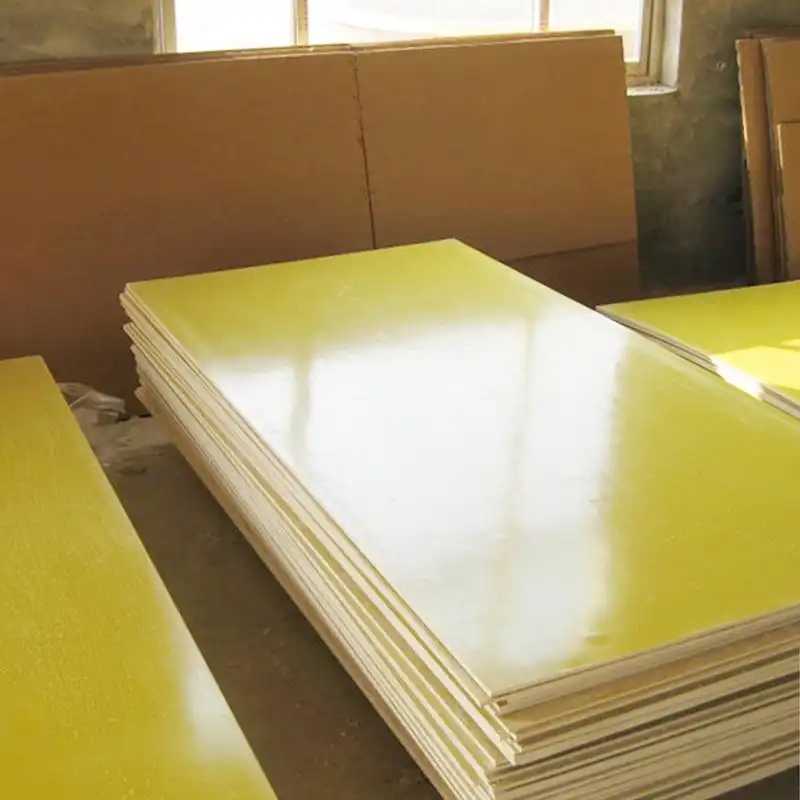
Conclusion
3240 epoxy sheets offer a comprehensive solution for high-temperature environments. Their high thermal stability, low thermal expansion, and effective heat dissipation make them suitable for a wide range of applications. Additionally, their high mechanical strength, impact resistance, and chemical resistance ensure durability and reliability in challenging conditions. Compared to other insulating materials, 3240 epoxy sheets provide a balanced combination of properties that address the diverse needs of modern industries. Whether used in electrical systems, automotive components, aerospace applications, or industrial machinery, 3240 epoxy sheets deliver the performance and durability required to meet the demands of high-temperature environments.
References
1. "Epoxy Resin: Material Properties and Applications" - ScienceDirect
2. "Dielectric Materials in Electrical Insulation" - IEEE Xplore
3. "Thermal Management in Electronic Devices" - Journal of Power Sources
4. "Mechanical Properties of Composite Materials" - Material Science Journal
5. "Impact Resistance of Epoxy Composites" - Industrial Engineering Journal
6. "Thermal Conductivity of Epoxy Resins" - Journal of Applied Polymer Science
7. "Electrical Tracking Resistance in Insulating Materials" - Electrical Engineering Magazine
8. "Flexural Strength of Composite Sheets" - Structural Engineering Journal
9. "High-Temperature Materials: Advances and Applications" - Journal of Thermal Analysis and Calorimetry
10. "Applications of Epoxy Sheets in Industrial Machinery" - Manufacturing Technology Magazine

